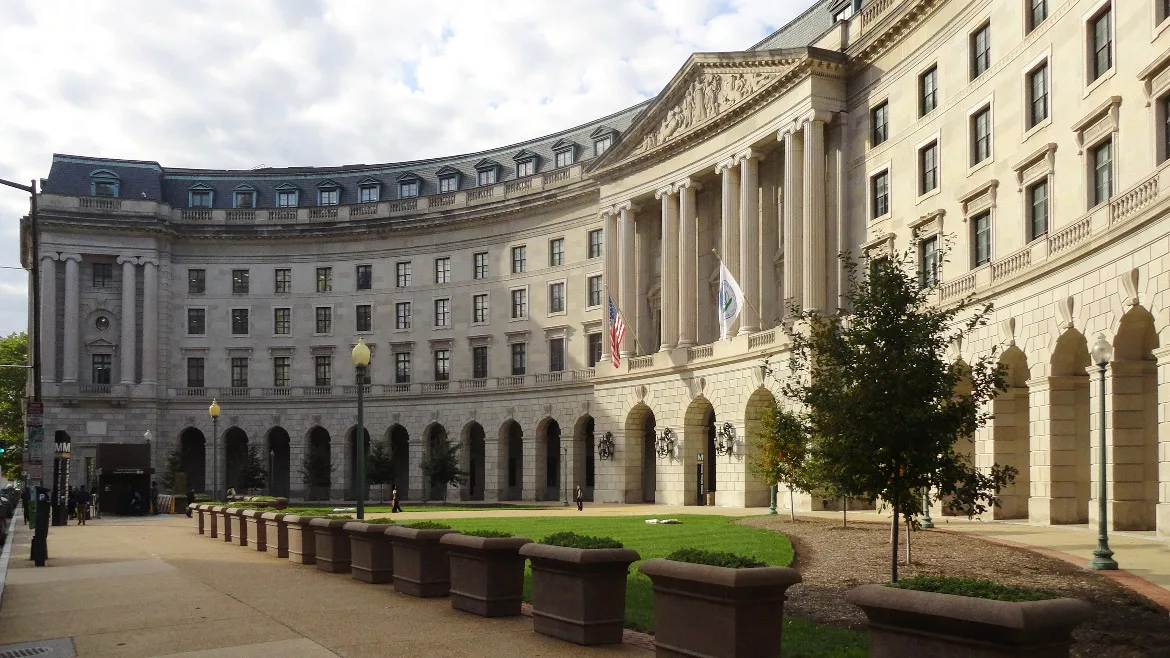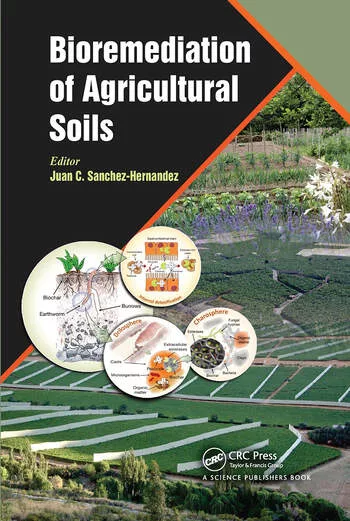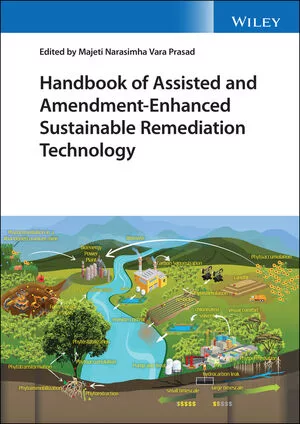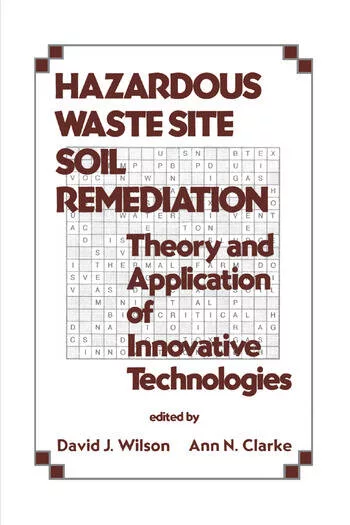PEER Accuses EPA of Misleading Public on PFAS Progress
PEER demands corrections and broader action as evidence shows toxic PFAS chemicals are still being produced in the U.S.

Main entrance of U.S. EPA Headquarters; the William Jefferson Clinton Federal Building on 12th Street, N.W., Washington, D.C. Photo by EPA
The U.S. Environmental Protection Agency (EPA) is facing new criticism over its claims that key toxic “forever chemicals” are no longer produced domestically. According to a formal complaint filed today by Public Employees for Environmental Responsibility (PEER), dangerous per- and polyfluoroalkyl substances (PFAS) – including PFOA, a chemical for which EPA has said there is no safe level of exposure – are still being manufactured and entering the nation’s commerce chain.
PEER’s complaint was submitted under the Information Quality Act and specifically challenges statements published by EPA on its website. In a letter to agency officials, PEER demanded correction of two publications: “EPA Questions and Answers About TSCA” and “EPA Questions and Answers about Designation of PFOA and PFOS as Hazardous Substances under CERCLA.” In the first, EPA states, “The manufacture and import of PFOA has also been phased out in United States as part of the PFOA Stewardship program.” A similar statement in the second claims, “Domestic production and import of PFOA has been phased out in the United States by the companies participating in the 2010/2015 PFOA Stewardship Program.”
PEER argues these statements mislead the public and policymakers, asserting the material “constitutes EPA statements about PFOA and PFOS in connection with two major environmental laws: The Toxic Substances Control Act (TSCA) and the Comprehensive Environmental Response, Compensation, and Liability Act (CERCLA, otherwise known as Superfund).” The group says that because EPA’s information is “intended to provide a public explanation of EPA’s regulatory posture on these subjects,” accuracy is all the more crucial.
“It is the height of hypocrisy for EPA to pretend these chemicals are no longer being manufactured when they are permeating our chain of commerce,” said Kyla Bennett, PEER’s Science Policy Director, a scientist and former EPA employee, citing agency lab tests that found PFAS in the linings of plastic containers.
According to PEER, EPA’s enforcement record tells a different story than its public messaging. The group points to the fluorination process used by Inhance Technologies, LLC, which treats an estimated 200 million plastic containers annually, making them more durable but also imparting detectable amounts of PFOA and other PFAS. These treated containers are used for products ranging from pesticides to food oils and personal care items, raising concerns about chemical leaching.
PEER highlights its own findings as an affected party, noting the group’s discovery of PFAS contamination in pesticides used for aerial spraying in more than two dozen states – a finding later corroborated by EPA. PEER is also suing the agency over its failure to halt the manufacture and distribution of millions of plastic containers with “dangerous levels of PFOA,” according to the letter.
EPA ordered Inhance to stop producing PFAS in December 2023, but the company successfully challenged the order in the Fifth Circuit Court. While the court held that EPA exceeded its authority under the Toxic Substances Control Act (TSCA), it did not dispute the agency’s science or its power to act under other legal provisions. EPA ultimately withdrew enforcement and has not appealed, according to PEER.
PEER is now demanding that EPA correct or justify its public statements within 90 days under the Information Quality Act. The nonprofit also calls for broader reform: “EPA cannot continue to address PFAS on a chemical-by-chemical basis,” Bennett added. “EPA should regulate all PFAS as a family of chemicals: ban non-essential uses and set comprehensive, consistent standards for PFAS across all environmental statutes.”
Read PEER’s full complaint.







